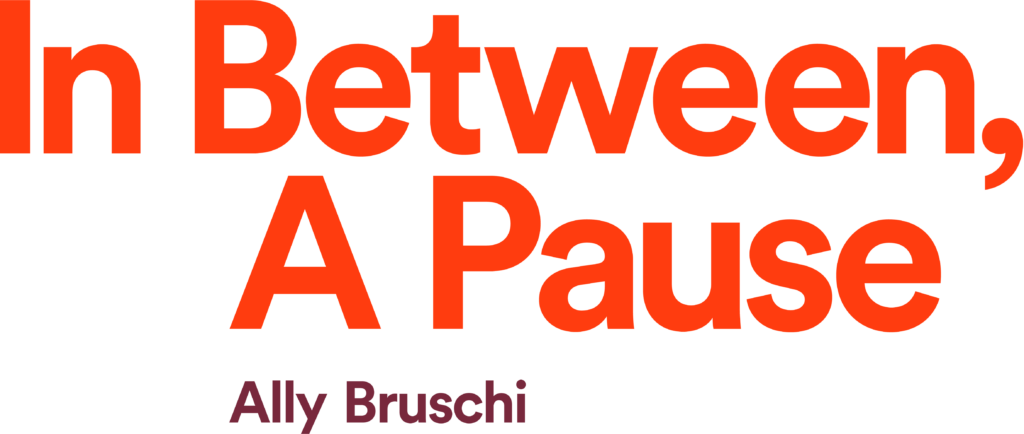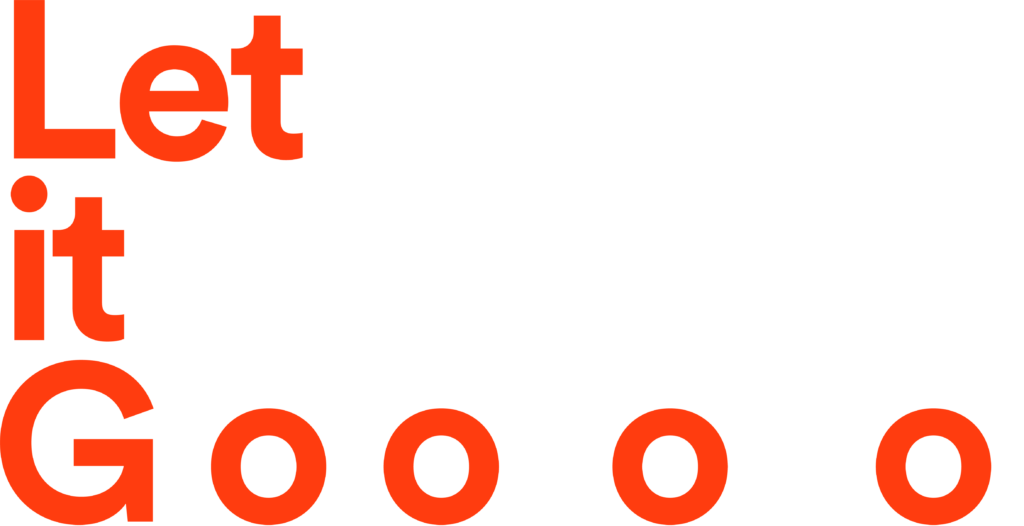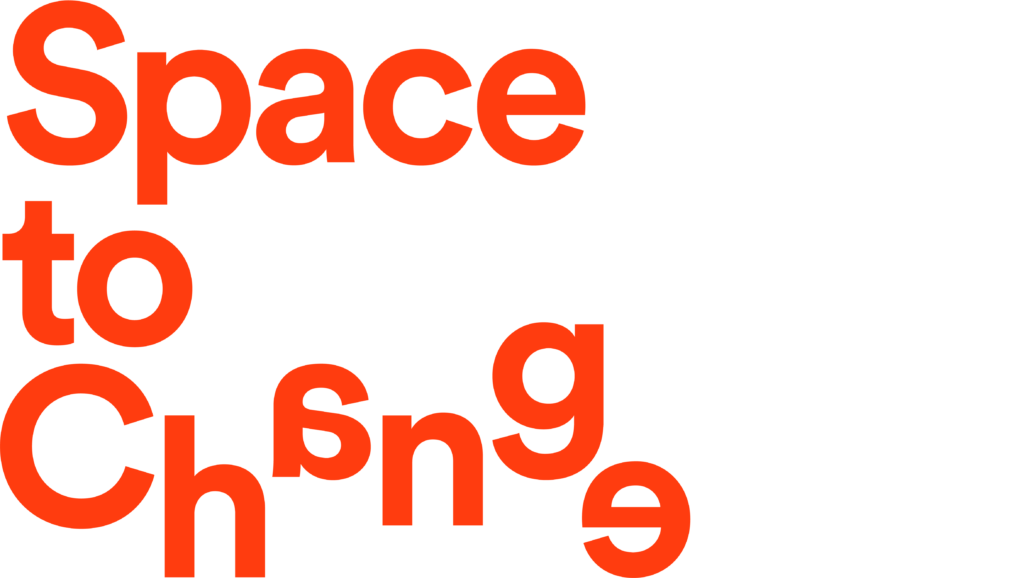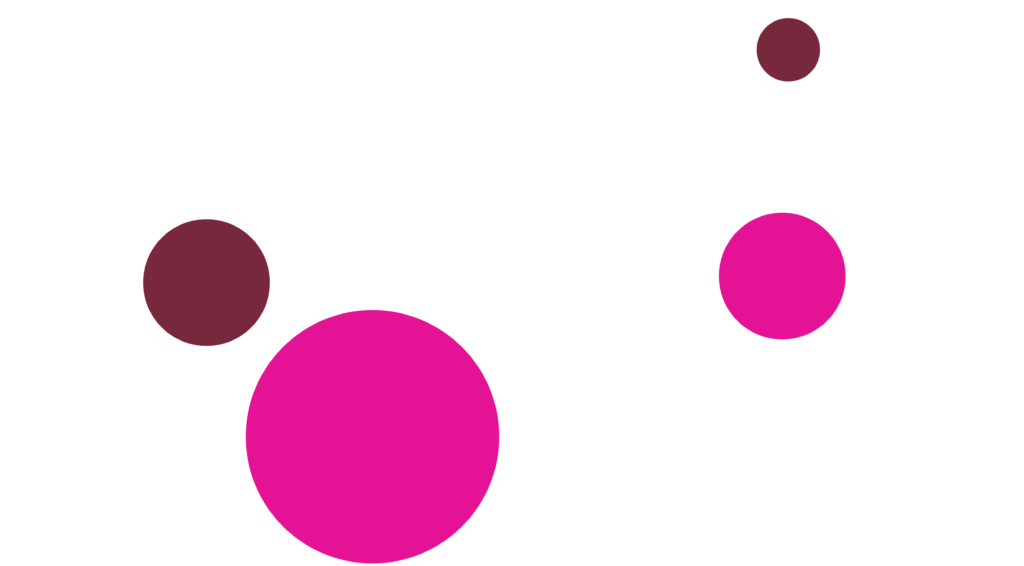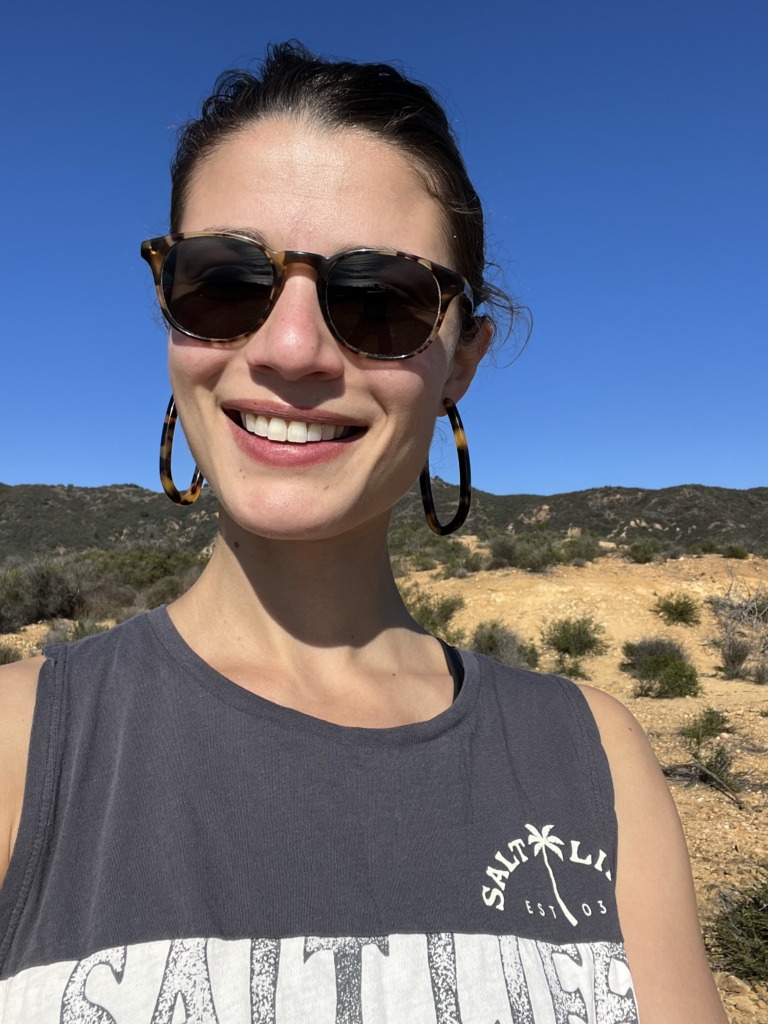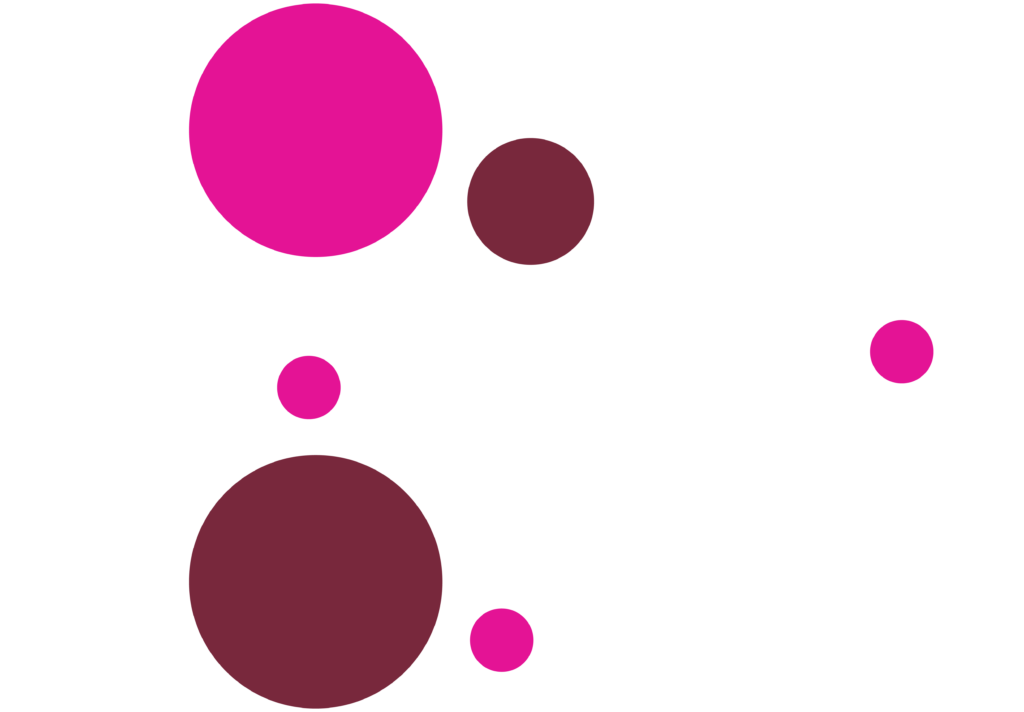There’s so much we don’t know about ourselves.
Going through the motions, running on autopilot, making it through the day. Our habitual processes pass the time, but do nothing to bring us closer to our true selves.
Although it may seem counterintuitive, it’s when we release ourselves from our ways of being that we learn the things about ourselves that we’ve been missing.
One of the easiest ways to do this is by reading. Putting our own thoughts aside and letting someone else’s idea populate our minds for a moment offers a short break from our normal processes of thinking and being that are so easy to get lost in.
We hope that, by offering ponderings from writers and creators that we admire, this newsletter offers moments of release to our readers. For this reason, I can think of no one better to reflect on this theme than our Editor-in-Chief herself, Ally Bruschi.
![]() Isabelle
Isabelle

On planes, I hold my breath during takeoff and landing.
It was originally a superstition born out of my childhood brain’s untraceable reasoning, which turned into a habit.
Holding my breath for those few moments becomes an exercise in presence, in the transition between land and air. My mind can’t wander in its typical, endlessly meandering spiral when I’m holding my breath. As we barrel down the tarmac, my focus whittles down to a smooth, polished stone.
But then the wheels relinquish their grip from the ground.
And I release.
I’ve been on the meditation apps for long enough to know that meditation doesn’t always have to look like: eyes closed, perfect posture, total silence, popping thought bubbles like balloons.
People who struggle with achieving that platonic ideal of mediation (me) are often encouraged to instead focus on practicing small, incremental moments of active mindfulness every day.
One such example involves paying attention to and mentally noting every time your body changes position: from sitting to standing; from walking to stopping; from sitting cross-legged on the couch with your computer in your lap in a decidedly non-ergonomic fashion to reclining on the couch in the fetal position around the warm curl of your puppy’s body.
Paying attention to these brief, transitional moments is meant to bring a level of presence and awareness in the otherwise mindless daily routine that we power through each day. In practice, it feels like a game of catch and release. Capture your own attention, then let it go.
It’s really hard. Which probably means it’s important to keep trying.
Lately, I’ve been interested in what larger scale periods of personal transition (i.e. bigger than sitting to standing) do for my mind, and for my soul.
So much of our lives is set on autopilot that we end up laser-focusing on getting to the next thing—the next milestone, the next life stage. Sometimes just the next day.
But constantly looking ahead means we often breeze right through all the smaller, crucial, in-between steps that ladder up to a bigger life change or moment; the living within the life.
I’ve been in a series of transitional periods myself over the past couple of years. Allowing myself moments of honest introspection during those often uncomfortable times has led to a deeper sense of self awareness and personal growth—which I would have likely missed out on if I let those moments pass without stopping to look straight at the core of the discomfort, and learn from it.
I explored the roots of my impatience and need for control in the first few weeks after adopting my dog.
I learned more about the mutability of identity when I moved across the country after eight years spent in a place that felt so essential to who I was.
I challenged my resistance to uncertainty when presented with an exciting opportunity to embark on a new professional venture.
I re-examined my personal and shared values and let go of previously held ideas that no longer suited me, while planning a wedding that for years I was sure I didn’t want.
In all these moments, and more, I’ve allowed myself the space to discover more about myself, what gets under my skin, and why I act, feel, and think certain ways.
And then, armed with a renewed, deeper understanding of myself, as I am, I’ve given myself the space to change.
The new year always feels, to me, like a time of flux; of contraction before expansion—a collective breath held.
Every year, I feel this so deeply. Do you feel it, too?
The instinct in periods of transition is to charge on and get through it. Maybe there’s merit to changing that mindset, and embracing those personal periods of transitional discomfort and uncertainty as moments in which we can pay attention, and listen to what’s really going on, within and without. Let our collective focus whittle down to that smooth, polished stone.
And then, release. And keep going, anew.

